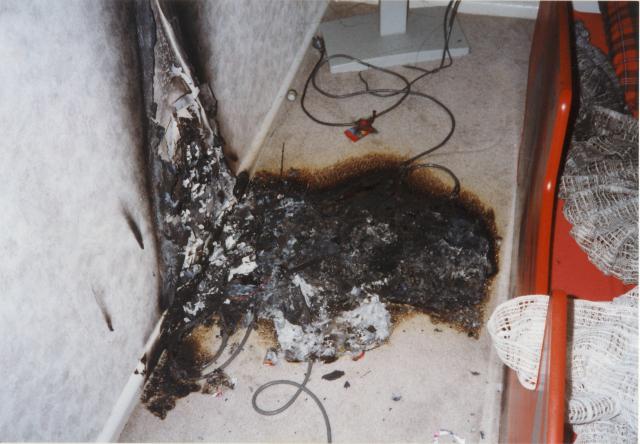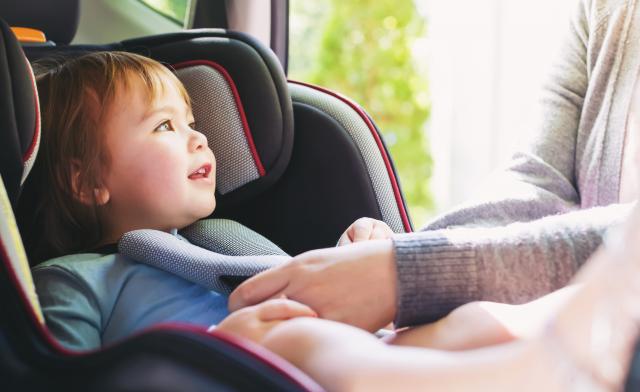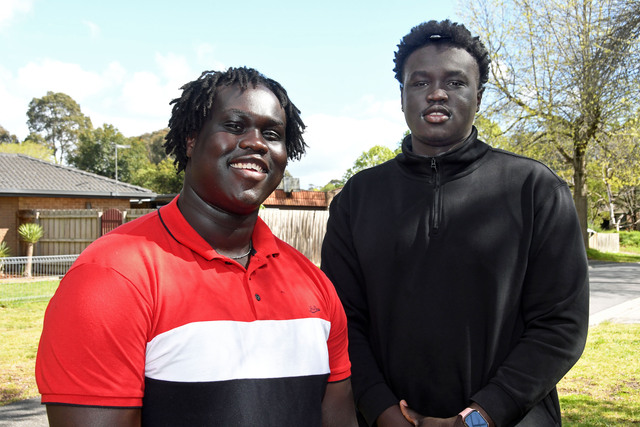By LACHLAN MOORHEAD
COUNCILLOR Sam Aziz has watered down the suggestion by the Group of Interface Councils that Casey is one of the outer suburbs at risk of becoming a “ghetto”.
Cr Aziz said Casey was rather a “victim of its own success” and needed to receive investments in the road network and public transport to cope with its burgeoning growth.
Cr Aziz’s response comes after a Fairer Funding report launched last week by the Group of Interface Councils – which includes the Casey, Hume, Mitchell and Mornington Peninsula municipalities – contended that Melbourne’s outer suburbs would become “ghettos for the underclass” unless billions of dollars were invested into infrastructure.
“From Casey’s perspective ‘ghettos’ is a colourful term, I don’t believe that Casey has the pre-existing conditions to really reach ghetto status,” Cr Aziz, council’s State Government Election Advocacy spokesperson, said.
“Casey’s really a victim of its own success, the city is attractive, and we need to approach both levels of government to seek assistance.
“If Casey had potential to become a ghetto, it wouldn’t be as attractive to the outside world, but at same time don’t want to continue with the significant population growth without a requisite planning structure in place.”
Casey is expected to be home to 459,000 residents by 2036, with over 120 people moving into the city each week, according to Cr Aziz.
Projects that council is currently advocating for include the Thompson’s Road duplication in Cranbourne, investment into the Casey Cultural Precinct, the Pound Road/Shrives Road intersection upgrade in Narre Warren North, and several Monash Freeway upgrades.
Cr Wayne Smith said there was a backlog of nearly $1.3 billion road improvements in Casey, according to the Victorian Auditor General.
‘Casey has one of the highest levels of car ownership in Victoria. Private vehicles account for more than 88 per cent of journey to work trips and more than 70 per cent of workers living in Casey travel to work outside of Casey,” Cr Smith said.
“Time spent commuting adversely impacts the health and wellbeing of our residents who have limited time to prepare quality meals and exercise.
“Residents should spend less time commuting and more time with family and friends.”






